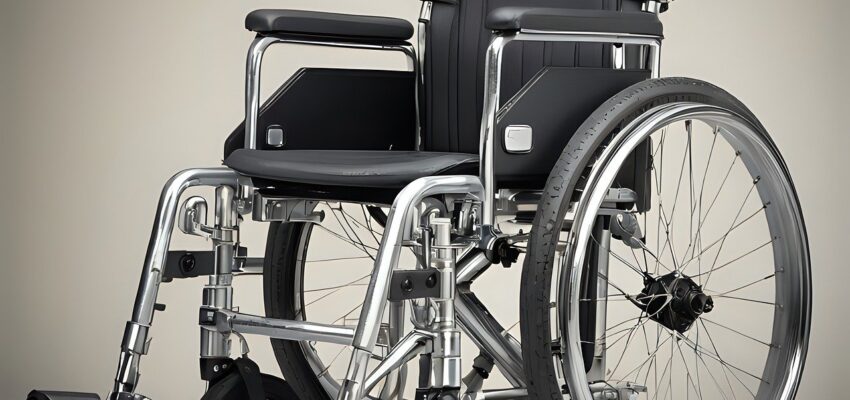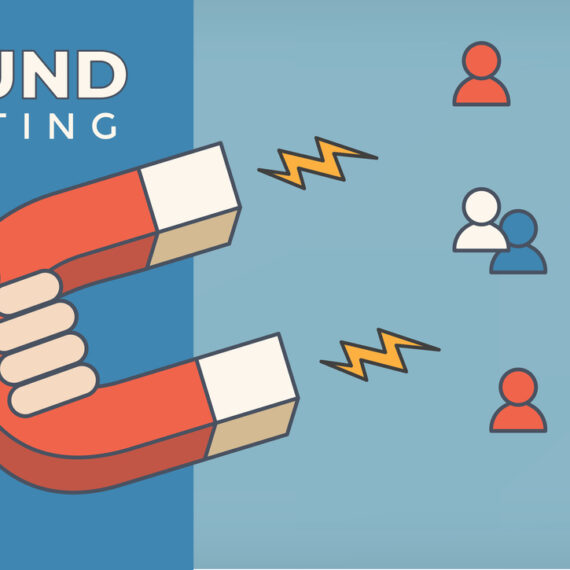Because sometimes Medicare clients need more than just prescription medications, agents need to understand Medicare DME coverage to ensure clients get all the medical coverage they need.
What is DME
DME refers to medically necessary equipment such as wheelchairs, walkers, hospital beds and many more items that medical providers prescribe for use in the patient’s home. Unfortunately, not every medical device used in the home qualifies as DME. In order for Medicare to provide payment for DME, it needs to mee the following requirements:
- A provider must deem the equipment medically neccessary.
- It must be durable, in other words, it can withstand repeated use.
- The equipment should last for at least 3 years of use.
- The patient uses the DME in their home.
- DME is only used by those who are either sick or injured.
Some items that qualify as DME
- Support surfaces including air-fluidized beds
- Blood sugar meters and test strips
- Blood pressure monitors
- Canes
- Catheters
- Commode chairs
- Continuous Positive Airway Pressure (CPAP) machines
- Crutches
- Hosptial beds
- Infusion pumps and supplies
- Nebulizers
- Oxygen equipment
- Patient lifts
- Prosthetic devices
- Walkers and wheelchairs
The items above are just a partial list to provide a general idea of what Medicare covers. To view a more complete list go to Medicare.gov. If you are unsure if an item qualifies, contact Medicare directly to verify coverage 1-800-633-4227.
Medicare DME coverage
DME is covered by Medicare Part B. Please note; enrollees must meet their Part B deductible before Medicare pays. Once the enrollee meets the deductible, Medicare pays 80% of the Medicare-approved amount. The enrollee is responsible for 20% coinsurance for the Medicare-approved cost.
Medicare only covers DME when the enrollee purchases it from a supplier who is enrolled in Medicare. In addition, suppliers enrolled in Medicare may be either participating or non-participating. Take a look below for further explanation:
DME supplier participation
- If the supplier is not enrolled in Medicare, they can charge any price they want and Medicare will not cover the cost.
- Some suppliers are enrolled in Medicare are non-participating. When this is the case the supplier can charge whatever they like. Medicare only covers 80% of the Medicare approved cost; the client pays whatever is left over.
- Suppliers enrolled in Medicare and participating can only charge the Medicare approved amount and Medicare covers 80% leaving 20% for the client. This is the best scenario and will cost the client much less than the other 2 options.
In other words, Medicare covers DME when it is obtained from a supplier enrolled in Medicare at 80% of the Medicare approved amount.
Medicare Advantage DME coverage
As a rule, Medicare Advantage plans provide at least what Original Medicare covers. This means, enrollees of MA/MAPD plans recieve the same coverage for DME as Original Mediare enrollees. The plan pays 80% of the Medciare approved amount leaving the enrollee the remaining 20%. In some cases, MA/MAPD plans provide additional benefit amounts for specific suppies and enrollees pay little to nothing. The best way to know if to check the plans outline of coverage.
Medicare Supplement DME coverage
Medicare Supplements provide additional coverage for those who have Original Medicare. Each supplement letter provides specific coverage amounts. Please take a look at the list below to see how each plan covers DME. Please note; for all plans (except C & F) clients must meet the Part B deductible before Medicare covers any Part B medical expense.
- Enrollees in plans A, B, C, D, F, G, M, & N do not pay the remaining 20% left after Orignal Medicare pays it’s 80% of covered DME expenses, these plans cover that portion of the cost.
- Those enrolled in Plan K will have to pay 50% of the remaining 20% not covered by Original Medicare.
- Plan L pays 75% of the remaining 20% not overed by Orignal Medicare. Enrollees will have to pay the remaining portion of DME costs.
The Medicare Supplement outlines of coverage do not list DME because it falls under Part B coinsurance.
Medicare DME coverage
It is important to make sure your cleints follow th eproper steps to receive DME coverage from Medicare.
Provide a prescription from a Medicare provider
The only way an enrollee receives coverage for DME is when their provider states it is medically necessary. Your client will only receive DME coverage if their provider writes a prescription for it. In some instances, Medicare may also request further documentation from the provider to prove the neccessity.
Enrollees do not have to submit any paperwork to the insurance company. The DME supplier obtains all the documentation from the medical provider and submits it from there. Enrollees can verify the prescription with their medical provider.
Learn why it’s a good idea to use a Medicare agent
Use only Medicare suppliers
It is importnat to be sure that enrollees use only Medciare DME suppliers, if they don’t they will end up paying much more than they should. The best choice is to use a Medicare approved supplier that accepts assignment. This ensures the client gets the best pricing available fo rth esuplies they need.
Do you have any questions?
Questions and requests














Leave a Comment